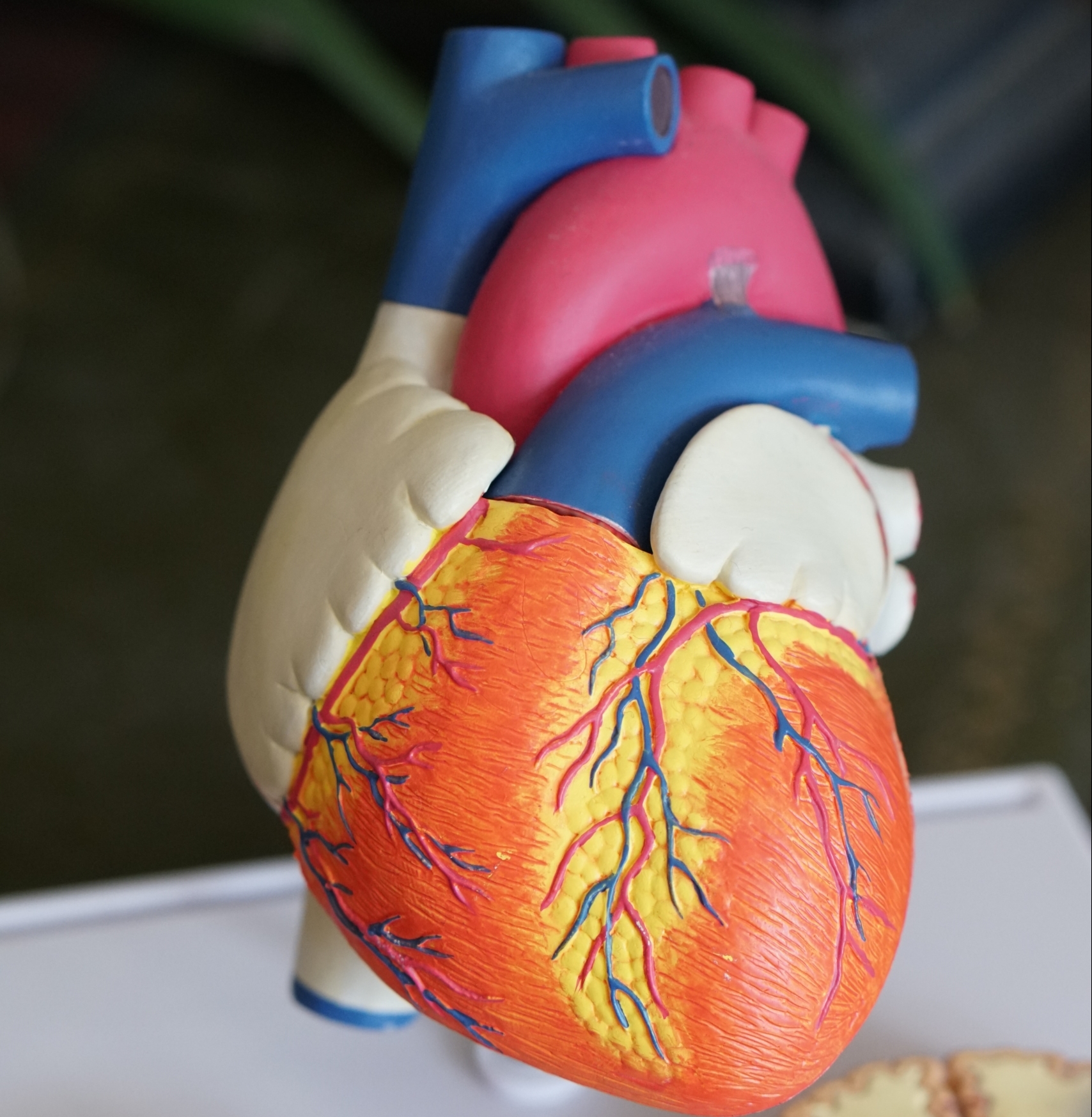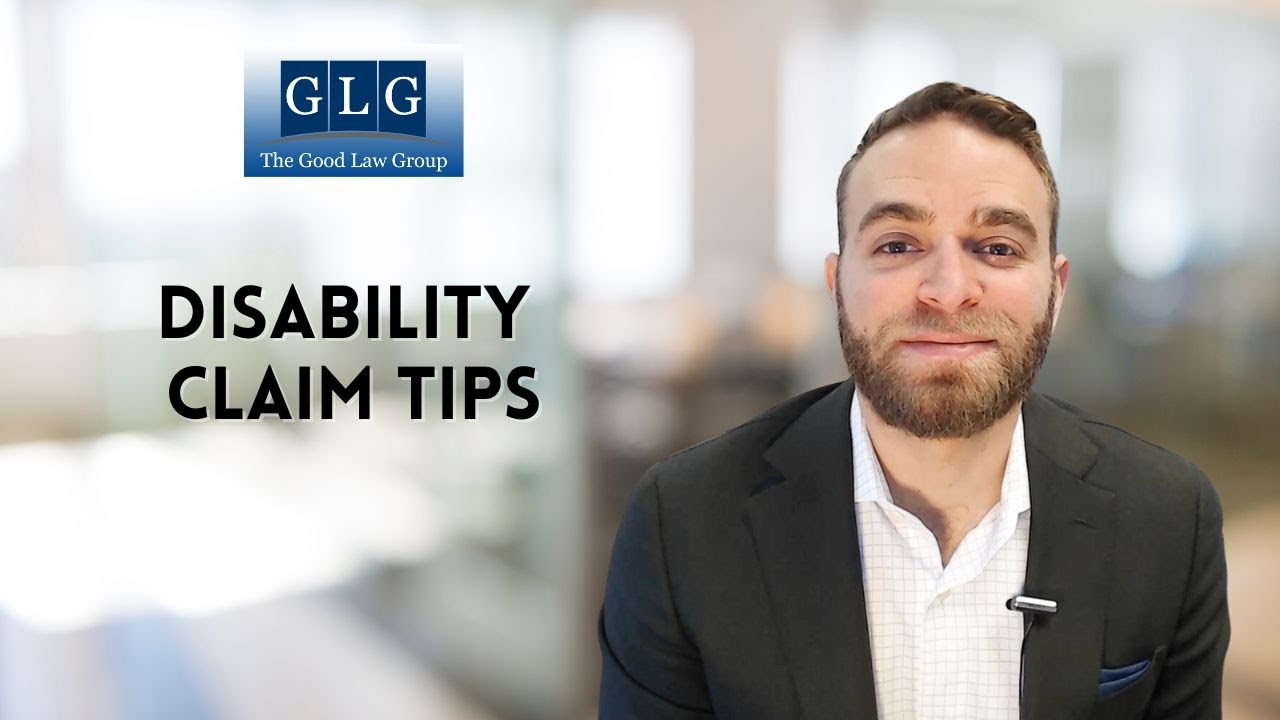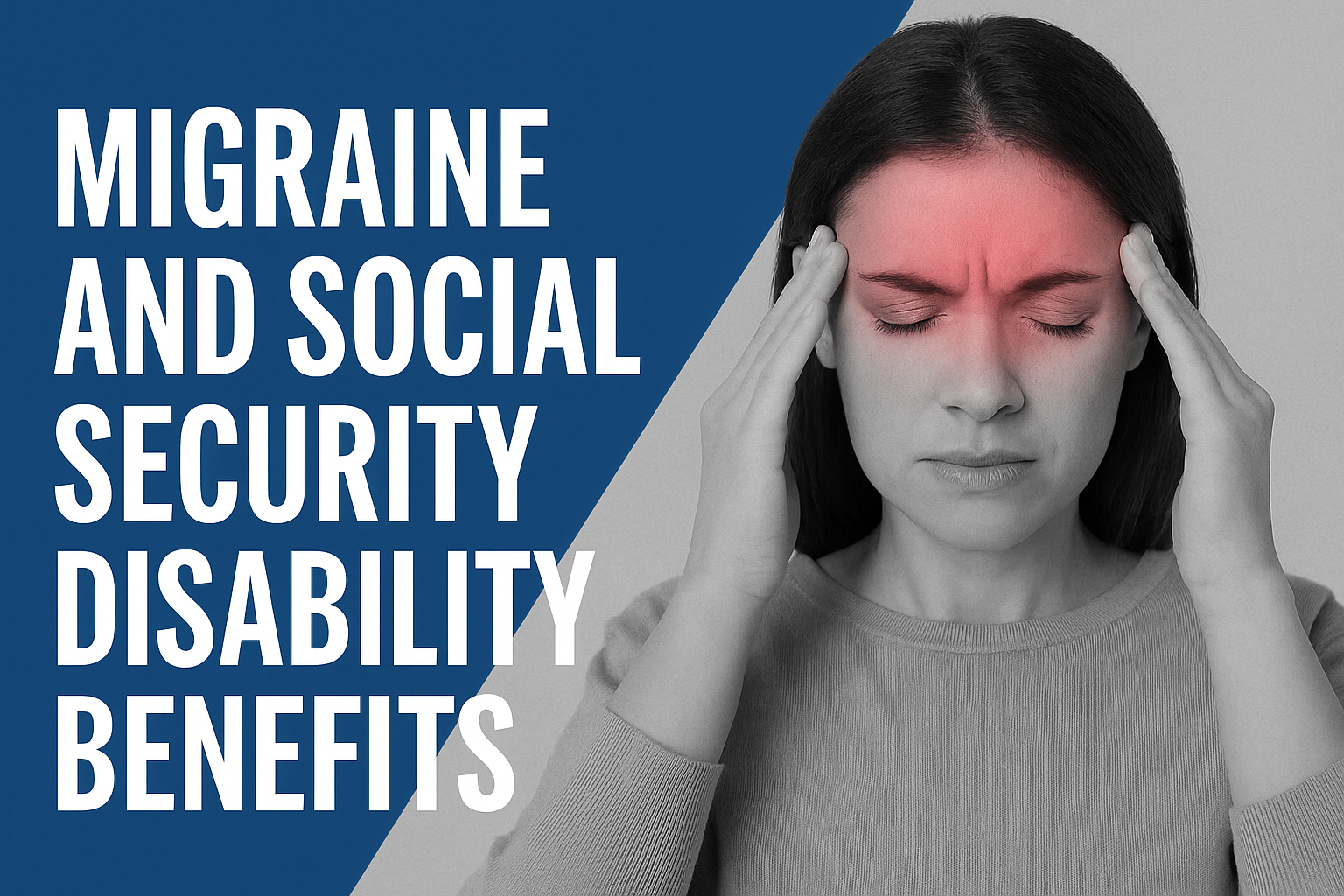Congestive heart failure is a very serious and complicated condition. If you are one of the millions of people in the United States with this condition, you may find it difficult for your heart to pump and/or fill blood as expected. If you are wondering if this is a condition that can make a person eligible for social security disability benefits, there is good news for you. Aside from the benefits that you may get from your doctor, you could also qualify for SSD benefits. These benefits include financial support when you are no longer in physical shape to continue working.
How Does Congestive Heart Failure Differ From Other Heart Problems?
Some cardiovascular problems are rarely considered life-threatening. These conditions include high or low blood pressures. This is because they can be treated with medication and/or lifestyle changes. With the case of congestive heart failure, serious problems can happen throughout the body. Blood can back up into organs such as the liver and cause congestion. Also, not enough blood goes to the right areas of the body in congestive heart failure. This is even more evident when people with this condition perform physical activities or feel stressed out. Such problems call for ongoing professional care.
There are also ways you can tell that someone you know has congestive heart failure. Easy symptoms include shortness of breath, swelling in the feet, and strong fatigue and weakness that doesn’t go away. Your health declines because your blood is not circulating well throughout the body. If left untreated, congestive heart failure can be fatal. Patients who believe or know that they have this condition should get proper care as soon as possible.
Symptoms of congestive heart failure can be enough to indefinitely keep somebody out of work. While some try and can manage to still work, others cannot tolerate the pain and discomfort required to get through it. Treatment for this condition is the option that many prefer, but not without a steep price point.
There are two types of congestive heart failures: Systolic dysfunction and diastolic dysfunction. Both of these dysfunctions affect the left side of the heart and are classified as left-sided heart failures. If left untreated, the right side of the heart is also expected to fail. Systolic dysfunction is the more common type among patients that suffer from congestive heart failure.
What Is Systolic And Diastolic Dysfunction?
Diastolic dysfunction involves the heart not being able to draw blood into itself. Why this happens is because the heart is having difficulties relaxing and filling with enough blood. Cardiovascular doctors can identify diastolic dysfunction by an enlarged ventricular muscle.
Systolic dysfunction involves the heart not being able to pump blood out. When this happens, the heart is unable to contract. A doctor would be able to tell if a left ventricle is enlarged from excess blood and unable to expel enough amount of blood out of the heart.
It is also not rare to have both diastolic and systolic dysfunction. With both dysfunctions happening at the same time, more problems can occur such as edema and pulmonary congestion.
Do Congestive Heart Failure Patients Qualify for SSD?
The federal government provides care to people suffering from major medical conditions through their Social Security Disability program. Benefits from this program differ from disability benefits that come from your employer or state administration. Your company might have gotten you to apply for SSD before you receive private benefits.
There are additional bonuses for those who are pursuing SSD benefits. If you are in need of financial help for paying medical bills, you can receive extra funds from Medicare. Once you’re approved for SSD, you can also treat yourself to a fair share of Social Security income. What patients enjoy most of all is being able to live comfortably and still receive the care they need. Thus, patients won’t have to worry about working or being short on money for necessary prescriptions or procedures.
The United States Social Security Administration (SSA) has published a list of conditions and diseases that can qualify a person for receiving benefits. This is known as the “Blue Book”. Congestive heart failure is one of the conditions listed, although it’s name is “chronic heart failure”.
Stated in the SSA Blue Book, patients suffering from chronic heart failure need to provide SSA with vital credentials. These include x-rays to show that crucial parts of their heart have become enlarged as a result of this condition. Or, you can also provide your medical history and reports that document symptoms such as cardiac distress. You can also consider providing your employment history, which can explain how you haven’t been able to start or keep a job due to your condition. They further go on to state that they may also have to conduct another test on patients to demonstrate how they behave while walking, standing, sleeping, and more with their underlying condition.
From Heartache to Hope: Securing Social Security Disability Benefits
There are several heart health issues that qualify for Social Security disability benefits. Watch our video to learn more.

Chronic heart failure. You can get Social Security disability benefits for ischemic heart disease and recurrent arrhythmia. The severity of these conditions is always a determining factor.
Another condition is heart transplants. Typically, benefits are granted for up to a year after the transplant. However, if there are complications or difficulties adapting to the new heart, it may require legal proceedings to demonstrate eligibility.
Additionally, benefits are available for congestive heart failure, aortic aneurysm, chronic venous insufficiency, and peripheral artery disease. The latter two conditions affect the veins and arteries rather than the heart itself.
What Are Your Options If You’re Denied SSD Benefits?
Even if you have congestive heart failure, there is a chance that SSA rejects you for the first time. The way that SSA’s system is set up is so that only people who are facing serious and legitimate health issues will qualify. People with less serious conditions or no condition at all often attempt to cheat the system for financial gain. If your condition is serious and chronic, however, you can see that any unfavorable decision gets overturned one way or another.
Every time a person facing real problems is denied benefits, it’s very unfortunate. If you haven’t shown enough proof to SSA about your condition, we recommend that you get more. If you recently visited a doctor, he or she can provide the SSA a report. In it, your doctor can include a history of your condition, X-rays, a note the summarizes how it’s been affecting you, and more. If you have not recently had an evaluation, you should schedule an appointment so the SSA has official documentation about your congestive heart failure.
Even with that said, you are likely eager to receive benefits sooner than later. Fortunately, you can speed up the process by getting in touch with a disability benefits lawyer. They can help guide you through the SSD process so your application for benefits gets approved in the very first attempt. If you’ve been denied benefits, a disability benefits lawyer can also help you file an appeal and have the decision changed. This means you won’t have to wait for the SSA’s decision in the mail for weeks, and instead, you can get your approval as soon as you show your credentials to them.
If you have been turned down for benefits by the SSA, they will usually give a clear reason. It also might be a good idea to work with them to understand why they denied your application and what you can do to make them take another look at it. Ultimately, the SSA would like to verify that your condition is preventing you from being able to work your job.
Who Can Help Me With My SSD Case?
Even if you have been living with a chronic condition or illness, trying to get benefits from the SSA can be an incredible struggle. Fortunately, the law firm of the Good Law Group works to make things right for people like you. If you need assistance in obtaining Social Security benefits, please don’t hesitate to call or email us. We’re here to help.









